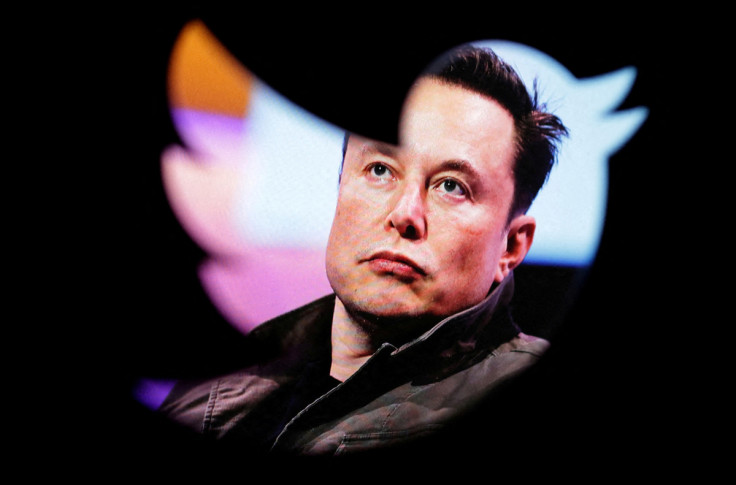Following Twitter Takeover, Could X Mark Elon's Next Grand Plan?
So Elon's got Twitter. Now what? With the maverick entrepreneur now in the building – and around 4,000 Twitter staff permanently vacated – what's next for Elon Musk? Will the Tesla, SpaceX, Boring Company, and Dogecoin titan settle for making Twitter great again, or is this merely a stepping stone to bigger and better things?
As observers have been swift to point out, Twitter is by no means the first social platform to have caught Musk's attention. The first, known as X, exists as little more than a concept in his fertile imagination. But now that Twitter's new owner has taken it upon himself to fix social media, speculation is growing that his $44 billion takeover is merely the prelude to something even grander.
Musk appears to have even acknowledged as much, tweeting that "Buying Twitter is an accelerant to creating X, the everything app."
Running with the X
A man of Elon Musk's stature has a lot of exes, but there's only one he keeps coming back to: X.com. It was speculatively purchased by Musk several years ago, but like everything the tech visionary does, there was a grand plan attached. X, if the rumors are to be believed, will be a WeChat of the west, the "everything" app to end all apps. Chatting, payments, news, gossip - you name it, X will incorporate it. Oh, and one other critical detail: X will be decentralized.
In the years since X.com was acquired and the "everything" app first mooted, a lot has changed on the internet. For one thing, the concept of decentralized social media no longer seems so alien. While most web users have yet to try the decentralized platforms that have sprung up as part of the web3 movement, they are at least au fait with the raison d'être for their existence.
Web3 for all
Decentralized applications are designed to stop the rot that's rendered current social media platforms uninhabitable for those who live life on the edge. That could be anyone with even a mildly controversial opinion about the state of the world, or a citizen whose geo-location has rendered them persona non grata with the US tech elite.
In addition to providing a harbor to dissidents, free speech proponents, and anyone else who's been deplatformed or "shadow banned," decentralized social media promises greater privacy than current systems, where user data is routinely resold and occasionally pilfered by hackers. Web3's user-centric model promises to fix many of these problems. The trick is bundling the medicine inside a pill that's sweet enough for the masses to stomach. So far, the complexities of connecting to the blockchain-based components of decentralized infrastructure have necessitated a massive learning curve. If anyone can solve the problem, it's the man who's sending rockets into space and fixing Twitter's search function.
X competitors stack up
Just days into his new job, and Musk has his hands full at Twitter, where his every move ($8 verification; banning impersonator accounts) seems to send left and right alike into paroxysms of rage. Meanwhile, the man who first sat in Musk's seat – Twitter founder Jack Dorsey – has seized this opportunity to launch his own social platform, Bluesky. And guess what? It's built on the same decentralized principles that X was meant to utilize. As a federated social network, Bluesky enables anyone to run an instance, making the platform highly censorship-resistant.
Meanwhile, web3 native platforms that were plowing this furrow long before tech billionaires started bandying about words like "protocol" and "micropayments" are quietly getting on with shipping their own decentralized solutions. Zion – which has the backing of Jack Dorsey – uses decentralized architecture that means "that no individual user can use another's data to manipulate their experience on the platform." V2 of Zion features modules dedicated to identity, messaging & data storage, and payments using Bitcoin's Lightning Network.
Few people might be using decentralized social media right now, but the space is getting very crowded. While the likes of Bluesky, Zion, and Lens press ahead with their own takes on decentralized social media, Elon Musk's "everything" app remains no closer to reality than it was when he mooted the idea years ago. But he now has at his disposal an army of software engineers and product designers coupled with the amplification that comes from being Twitter's head honcho and a frequent tweeter of shower thoughts and moonshots.
If anyone can make decentralized social media a reality, it's Elon. Right now, though, no one knows whether he genuinely wants to. Including Elon Musk.
(Sadie Williamson is the founder of Williamson Fintech Consulting)

© Copyright IBTimes 2024. All rights reserved.




















